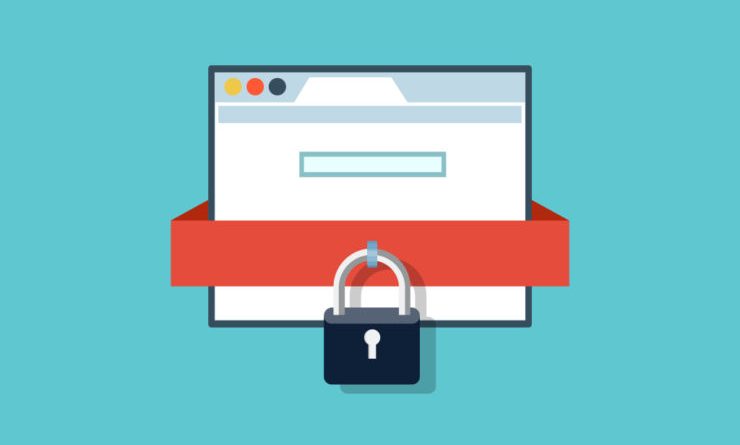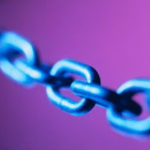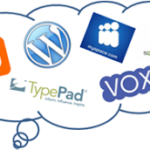Investing on a new website is a huge work and may be a big investment as well. So, like any asset, you need to protect it.
Prevention is always better than cure. Therefore, securing a website is a great part of its maintenance. Aside from its aethetics and constant content updating, protection from malicious attacks, hackers and other probable insecurities is another part of the effort and a possible addition to the investment. However, it will definitely be worth it, instead of spending more when your website gets infiltrated. But the good news is that you don’t actually need to spend too much on this. There are several ways to safeguard your website for less. Below are just some of the most effective and affordable ways to achieve it.
1. Security plugins will save you
When using Content Management System (CMS) as your web content software, you can develop your website’s protection with security plugins, depending on the platform. Some of these plugins are very affordable, while some are even free of charge. For WordPress, some of the known plugins are Bulletproof Security, Wordfence and iThemes Security. For Joomla, there are RSFirewall and JHackGuard. For Magento, there are MageFence and Amasty. But besides the above-mentioned plugins, you can search for others that can suit your needs and budget.
2. Up-to-date website software
One of the best preventions from malwares and hackers that will not cost you much is updating your software and website platform. Malwares and hackers have upgrades that can infiltrate an unupdated system. So nothing beats keeping your tabs on to prohibit these insecurities from attacking your website.
3. The “green lock” image
Most users, especially online buyers are usually looking for the “green lock” image beside the site’s url, which signifies the ssl certificate. This website uses https:// which shows that it has an update security. SSL certificate is a good investment for your security and to also earn the trust of your users. With a small fee, you can earn bigger and be secured all at the same time.
4. Error message should be clear (and safe from hackers)
Having an error message may cause you to give out some necessary information with regards your website and even some personal data. Although fixing the error with a detailed message can make the job easier, it will be safer if you will only provide a clear yet helpful error message which can be safer for your site as well.
5. Automatic backup are great investments
After all the website security preparations, nothing is more important than actually preparing for the worst. Make sure to invest on a dependable file and system backup. This can help you store important website files that may come in handy in case of a widespread attack. Investing on an automatic backup will ensure that even your updates and changes will be duplicated and will be available in case you need them all. This may cost you some additional resources, but it is absolutely a run for your money for security purposes.
Security is very vital for a website, especially of it is income generating. So make sure to make all the possible safeguards to assure maximum protection with a cost you can afford.


![21 Warnings That Indicate It’s Time to (Switch) Your Web Hosting Right Away[Infographic]](https://www.iblogzone.com/wp-content/uploads/2018/02/Time-to-Switch-Your-Web-Hosting-150x150.png)







